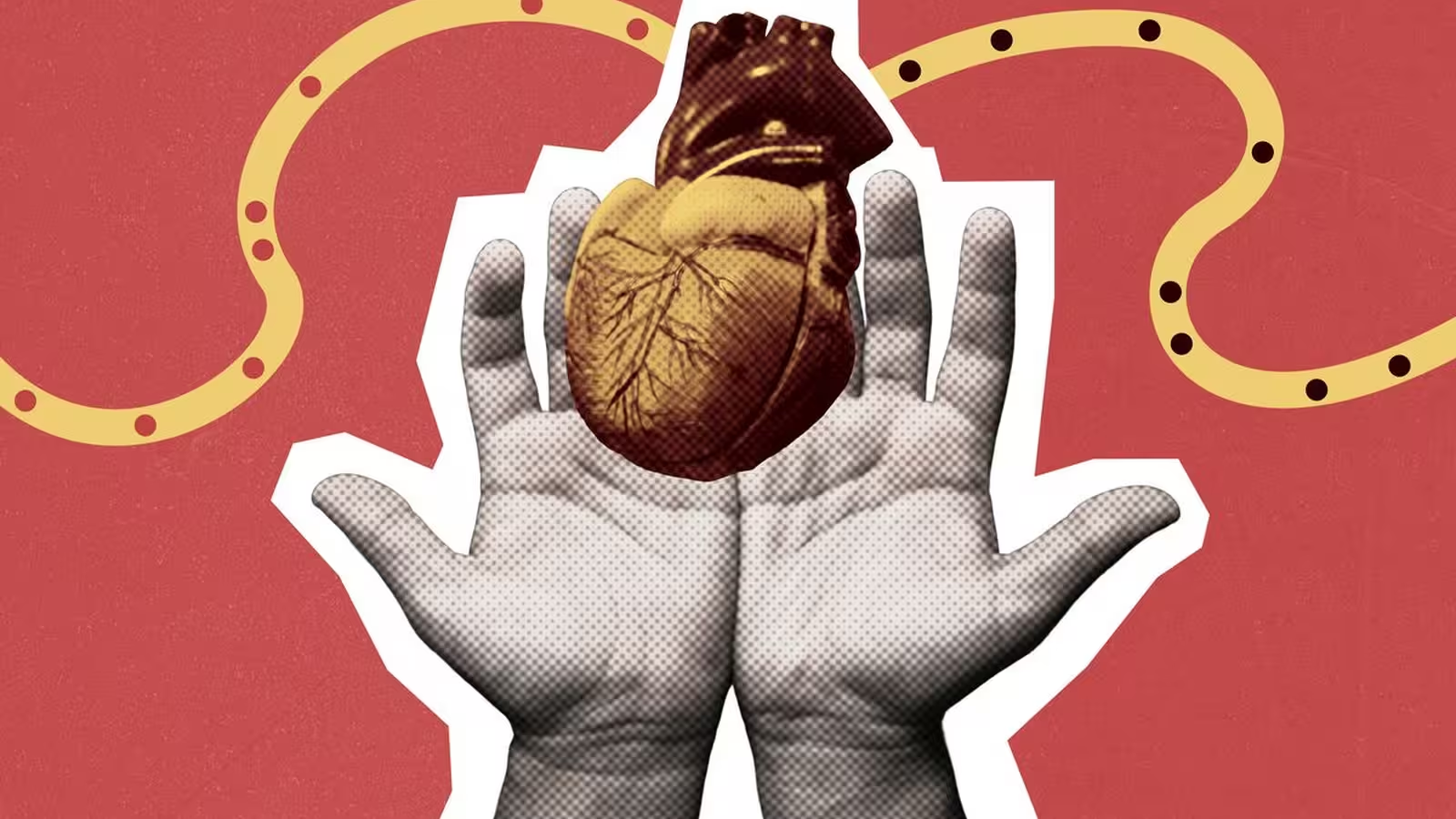5 Minutes
Understanding Heart Age: A New Perspective on Cardiovascular Health
Recent research has revealed a concerning trend: for many adults, the 'biological age' of the heart can be significantly older than their actual chronological age. Contrary to what most people might assume, your heart may be aging faster than the rest of your body—a phenomenon that could escalate your risk for cardiovascular diseases such as heart attack, stroke, and heart failure.
The Science Behind Heart Age
Heart age is a scientific concept that refers to the estimated biological age of your heart and blood vessels based on personal health factors, including blood pressure, cholesterol, stress, physical activity, lifestyle habits like smoking, and other medical conditions such as diabetes or obesity. While chronological age simply counts how many years you have lived, heart age reflects the wear and tear on your cardiovascular system and how these factors have impacted your risk of developing heart disease.
Many adults in the United States—and worldwide—are surprised to discover that their heart could be as much as 10 years older than their actual age. This insight is critical, as an elevated heart age means a higher probability of experiencing serious heart-related events that are the leading causes of death globally.
Advanced Tools: The PREVENT Calculator and Risk Estimation
Leading the field in heart age research, Dr. Sadiya Khan, a cardiologist at Northwestern University, and her colleagues have developed a new online "heart age calculator" founded on the American Heart Association’s PREVENT risk equations. These equations estimate cardiovascular risk by weighing multiple factors, including cholesterol levels, systolic blood pressure, lifestyle choices (smoking, activity level), and relevant medical history. This innovative calculator allows individuals to determine the biological age of their heart—not just their likelihood of experiencing a heart event as a percentage, but how much their heart has prematurely aged due to modifiable and non-modifiable risk factors.
In a recent study published in JAMA Cardiology, the research team emphasized, “Risk age represents the age of a hypothetical person with the same predicted absolute risk but optimal risk factor levels.” This approach can help patients better grasp their cardiovascular risk profile, encouraging more productive conversations about prevention with healthcare professionals.
Key Findings and Demographic Disparities
Dr. Khan’s research analyzed health data from over 14,000 adults aged 30 to 79, sourced from the National Health and Nutrition Examination Survey (NHANES) between 2011 and 2020. All participants had no prior history of cardiovascular disease. The findings are striking:
- On average, adult males had a heart age of 56.7 years, substantially older than their chronological age of 49.7 years.
- Women, too, showed a disparity—average heart age was 55.4 versus an actual average age of 51.3.
Racial differences in heart aging were also apparent. Black males showed the most pronounced disparity, with hearts averaging 8.5 years older than their chronological age, followed by Hispanic (7.9 years), Asian (6.7 years), and White (6.4 years) males. Among females, Black women again led with a gap of 6.2 years, while Hispanic, White, and Asian women followed at 4.8, 3.7, and 2.8 years respectively. Notably, about one-third of men with a high school education or less had hearts over ten years older than their actual age, highlighting the link between education, health literacy, and cardiovascular health.
The Role of Social Determinants and Health Disparities
A 2022 analysis by the American Heart Association underscores that social and economic disadvantage is closely tied to worse cardiovascular outcomes. Structural inequalities—including limited access to healthcare, nutritious food, and healthy environments—expose certain populations, particularly Black communities, to higher risks. In fact, heart conditions are nearly twice as fatal among Black adults compared to White adults in the U.S.
Overall, cardiovascular disease claims approximately 650,000 American lives every year, making prevention and risk assessment critical components of public health strategies.
Implications for Prevention and Healthcare Practice
One of the most compelling opportunities of the heart age calculator lies in its ability to demystify cardiovascular risk for both patients and clinicians. People who would benefit from medications or lifestyle changes to lower blood pressure, cholesterol, or control diabetes may not realize their risk until it is too late.
“Many people who should be on medicine to lower their risk for heart attack, stroke or heart failure are not on these medications,” explained Dr. Khan in a recent press statement. “We hope this new heart age calculator will help support discussions about prevention and ultimately improve health for all people.”
The calculator, freely available online, invites users to input personal health data and instantly visualize how close—or far—their heart age is from their calendar age. It also provides a springboard for vital conversations between patients and healthcare providers, promoting tailored prevention strategies and increased awareness of heart health.
Conclusion
The revelation that millions of adults may have hearts years—or even a decade—older than their chronological age highlights a pressing issue in cardiovascular health. Scientific advances such as the PREVENT heart age calculator not only illuminate individual risk but also offer powerful tools for doctors and patients to take proactive steps toward heart disease prevention. As research continues and more data become available, integrating biological heart age assessment into routine health evaluations could be instrumental in reducing heart disease incidence, closing health disparities, and ultimately, saving lives around the world.
Source: popularmechanics



Comments